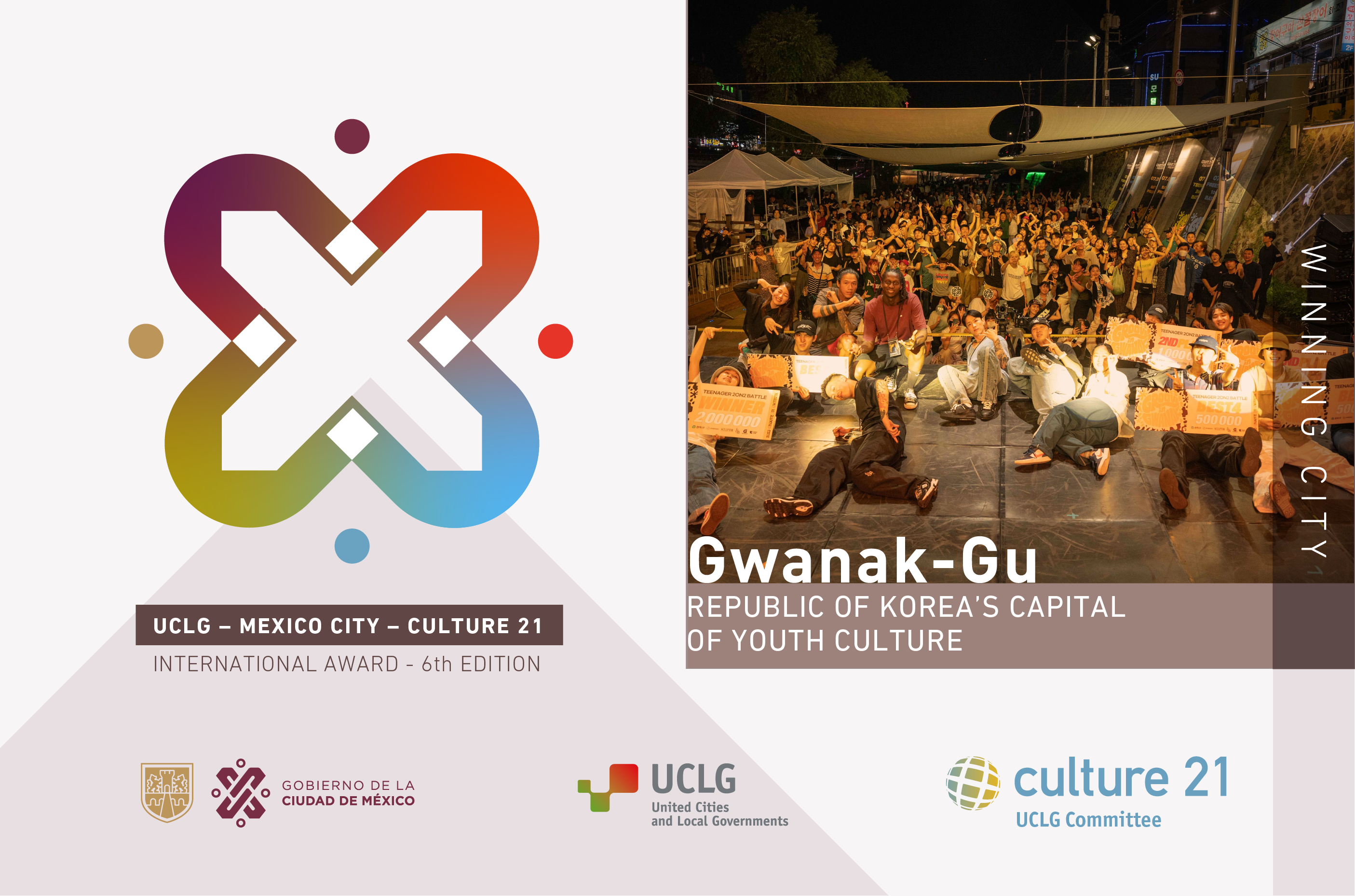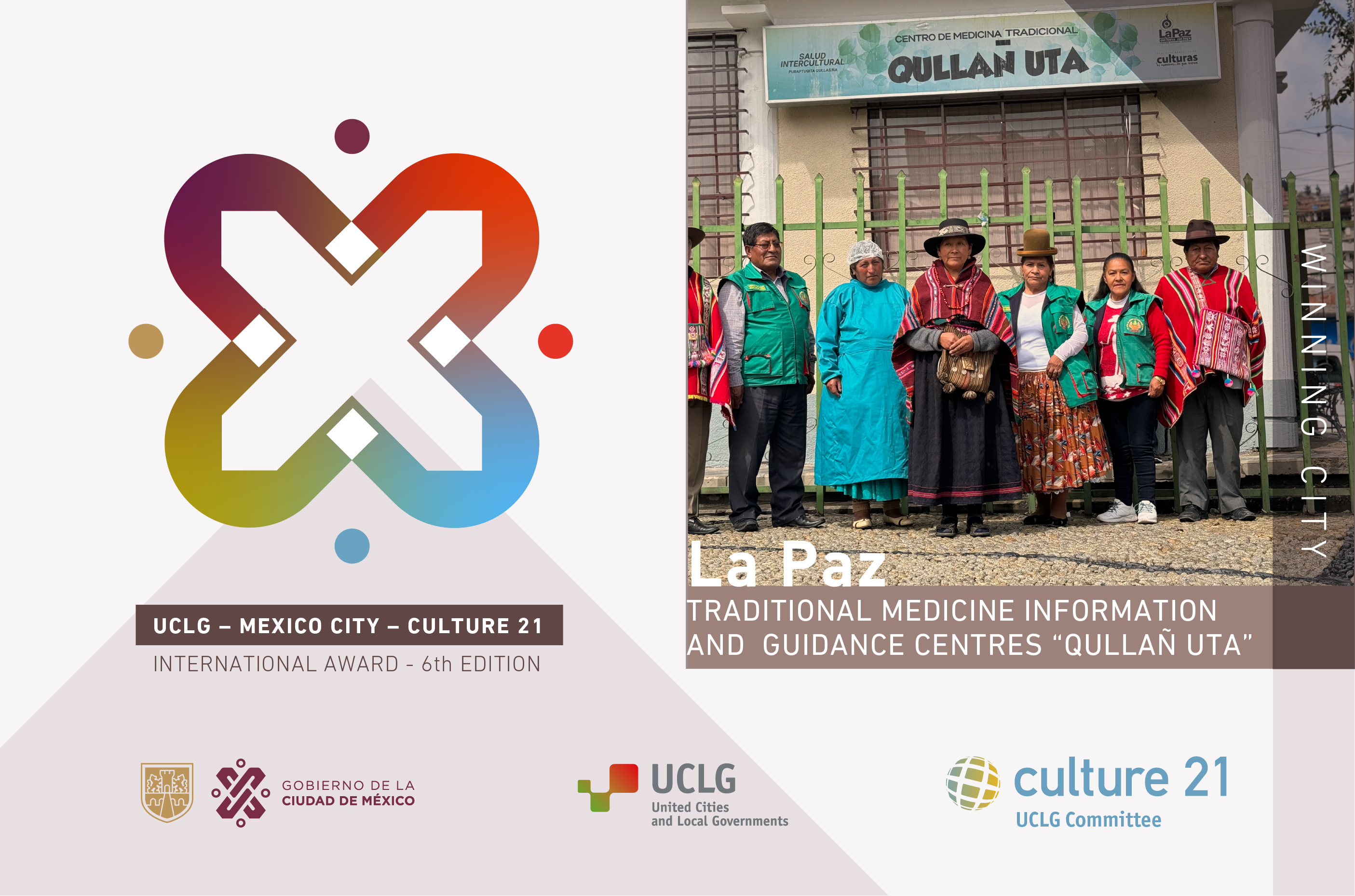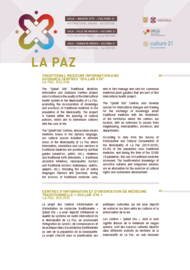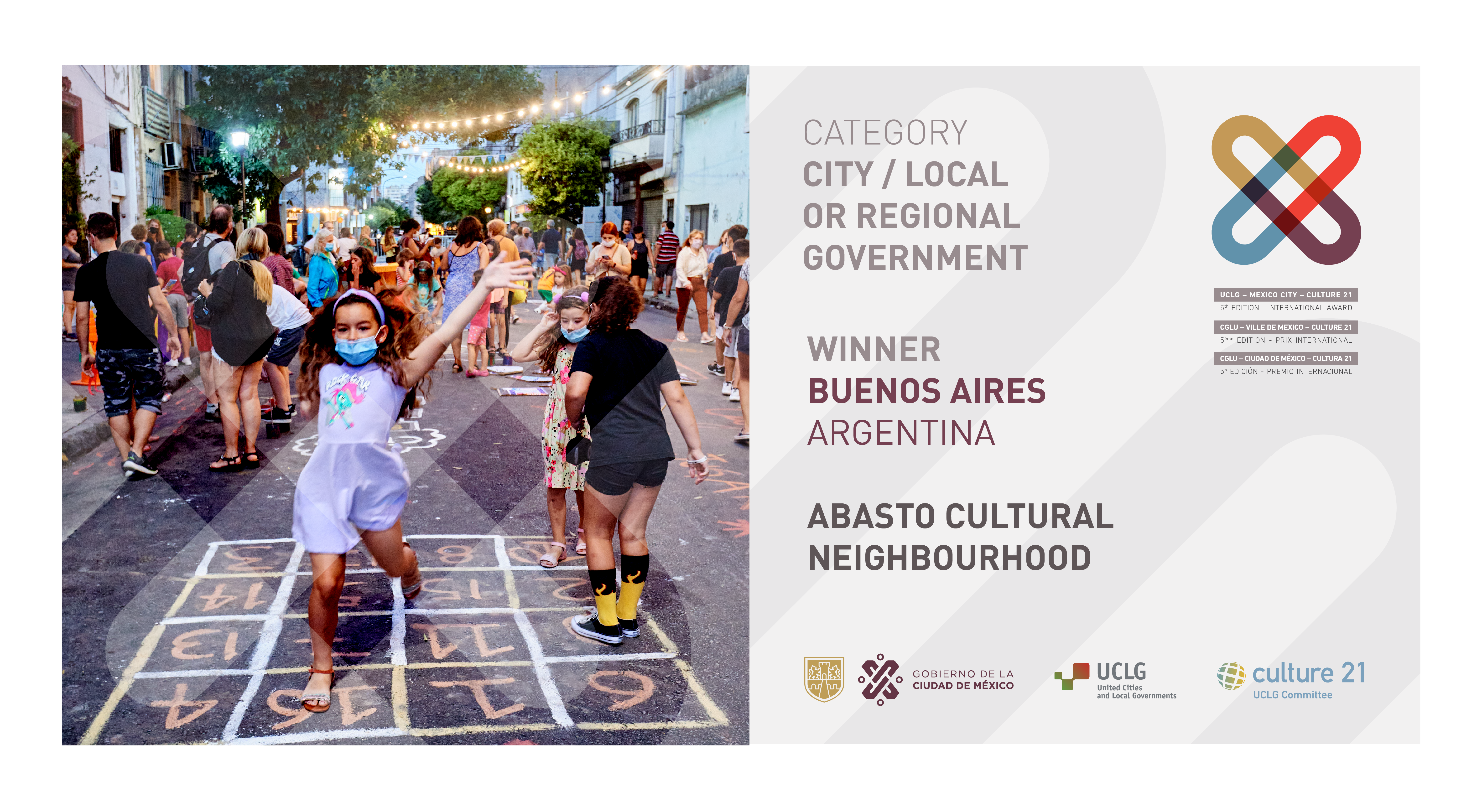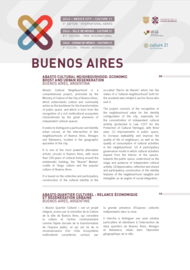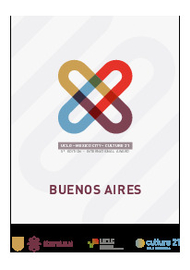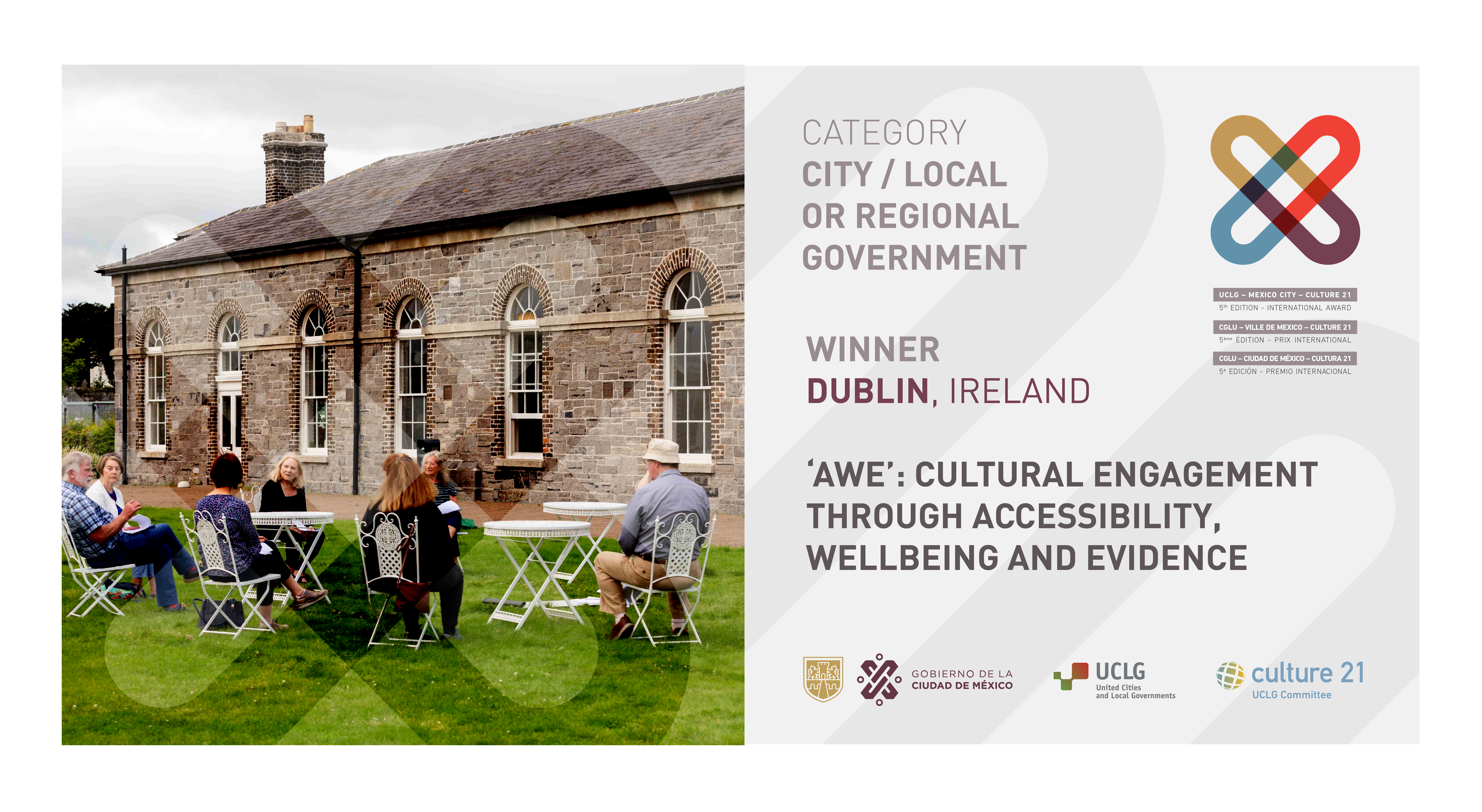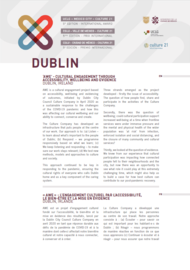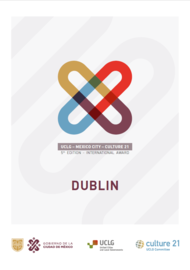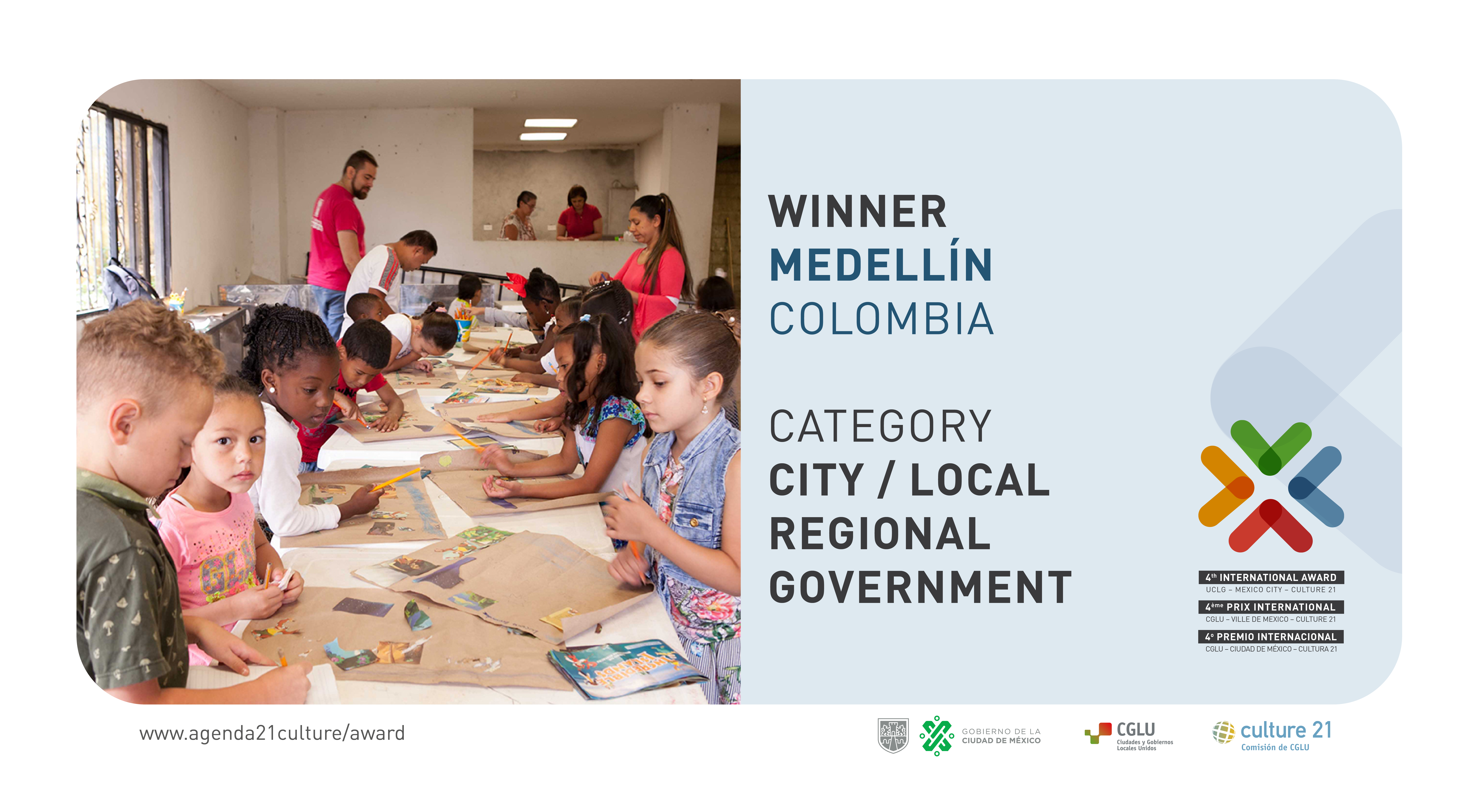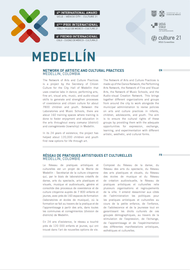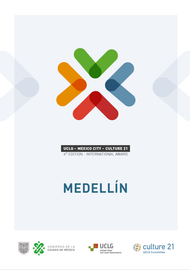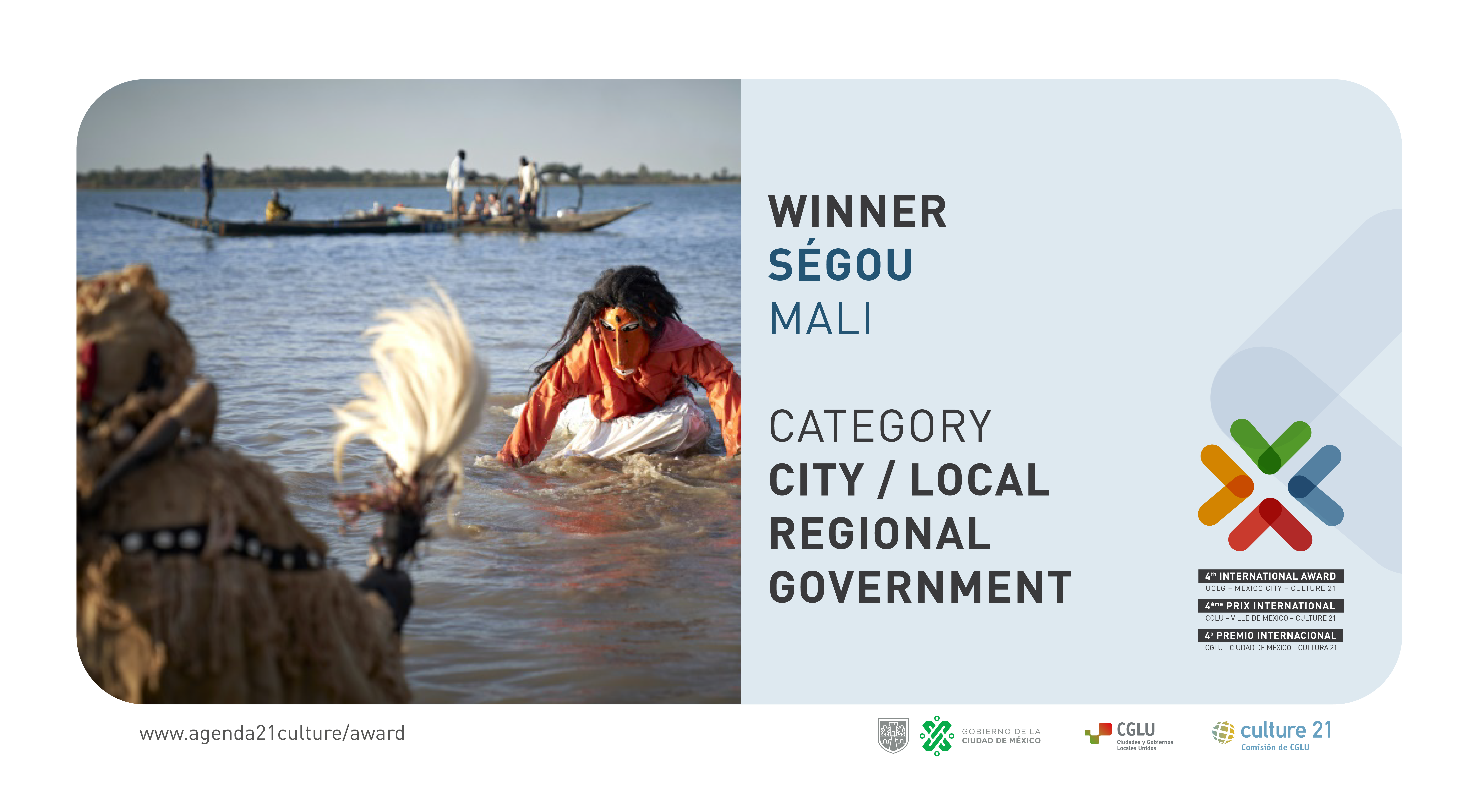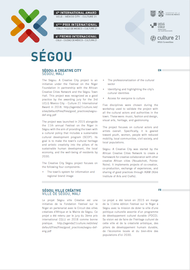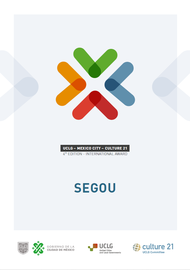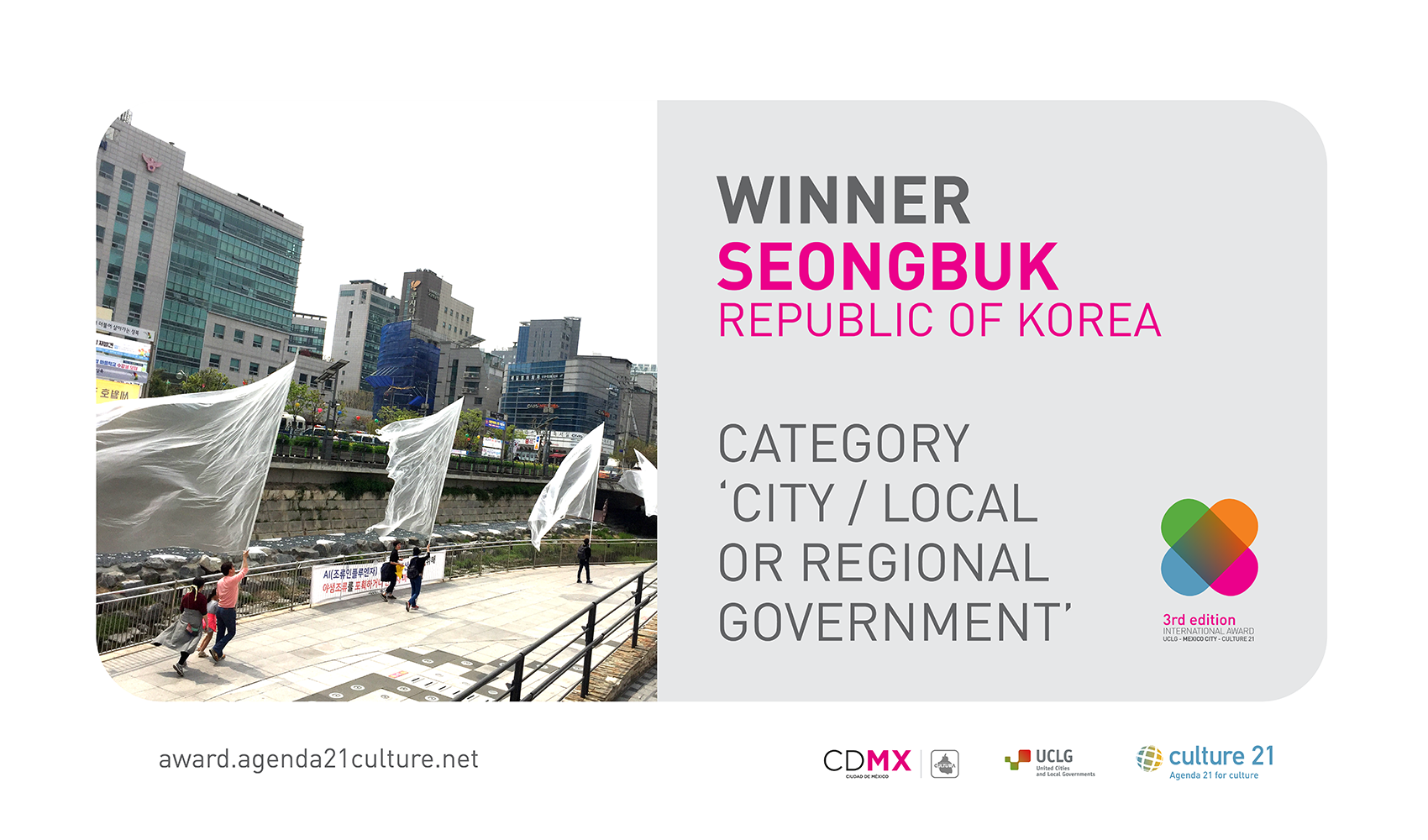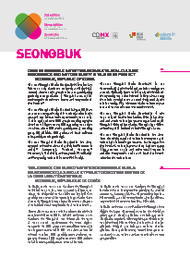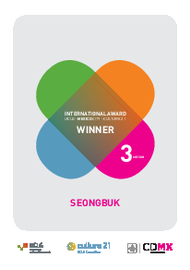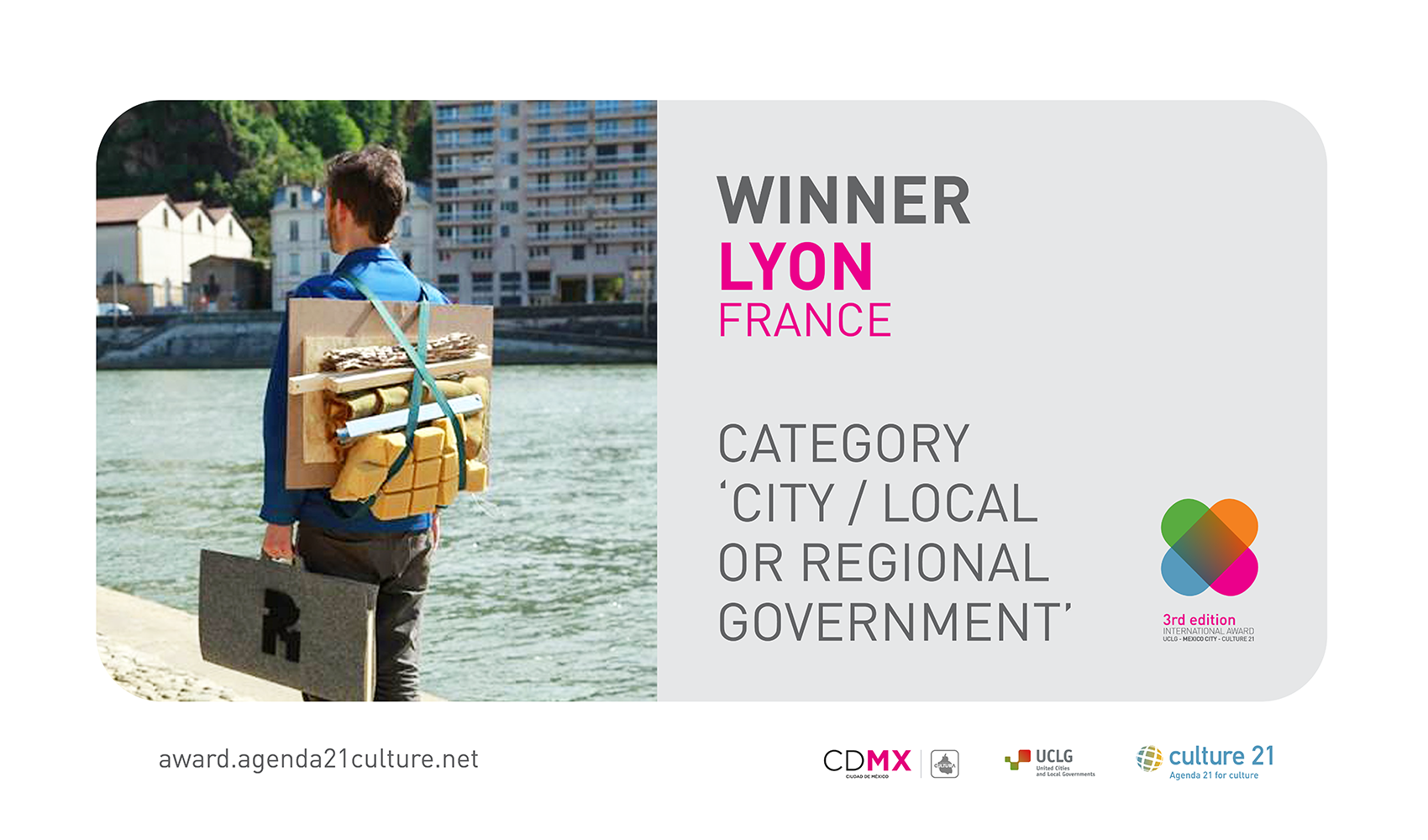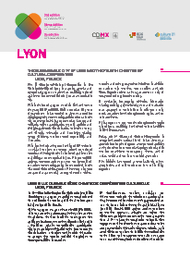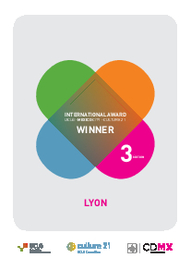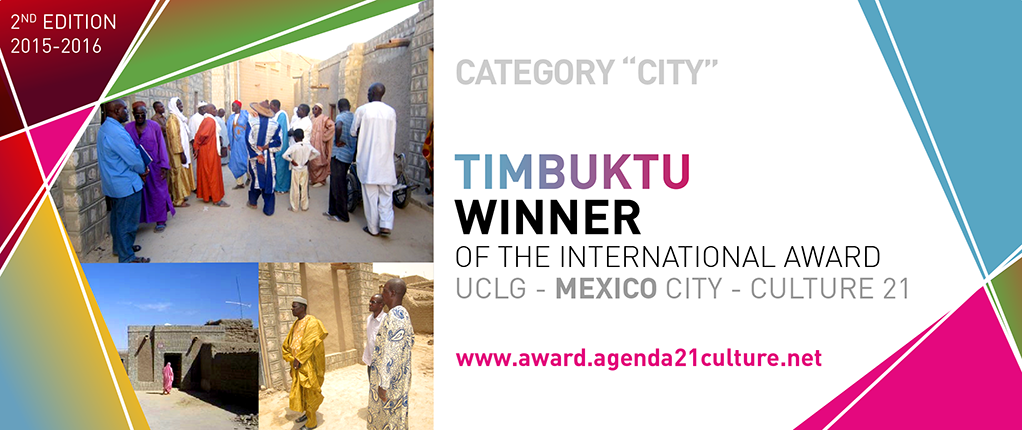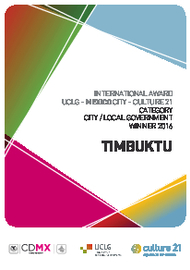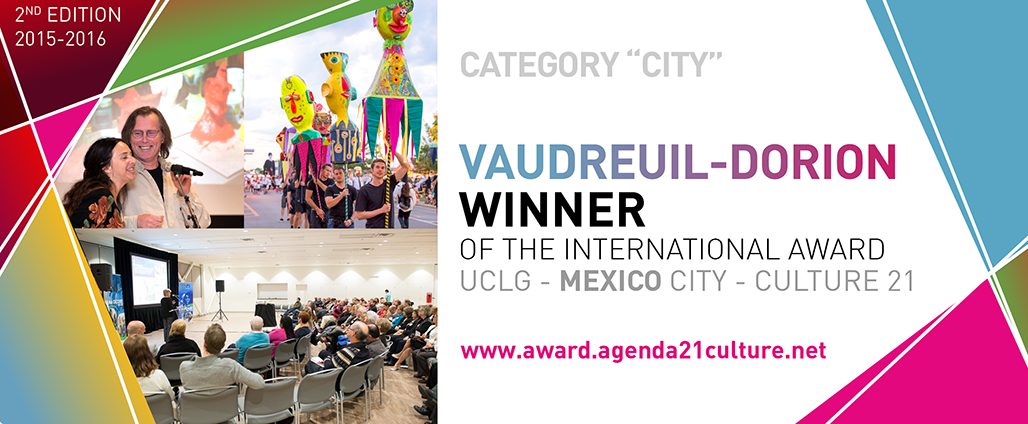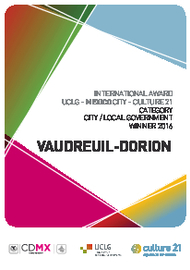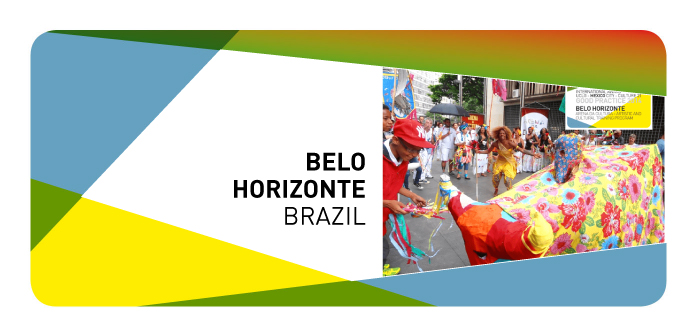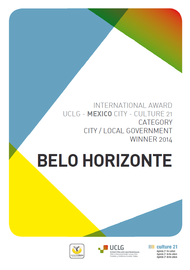GWANAK-GU (REPUBLIC OF KOREA)
“Capital of Youth Culture” aims to actively engage youth in the local community and public policy processes, and to enhance cultural rights of young people who have been socially excluded. With the country’s highest ratio of youth population, Gwanak-gu responds to local challenges such as youth alienation, as well as addressing mental health and suicide in the city. More specifically, this initiative brings young people into a renewed system of collaborative governance in which they can participate in the design and implementation of policies, for example through the Youth Policy Committee or the Youth Network and Public Forum programmes. Gwanak-gu also launched a youth culture project and created many spaces to support the formation of youth communities and artistic initiatives. The Jury identified this project as an excellent initiative addressing a very concrete problem, and highlighted the articulation achieved between policy, place and future, as well as its impacts: increasing the youth employment rate and becoming the area with the second largest population of young artists in the country.

